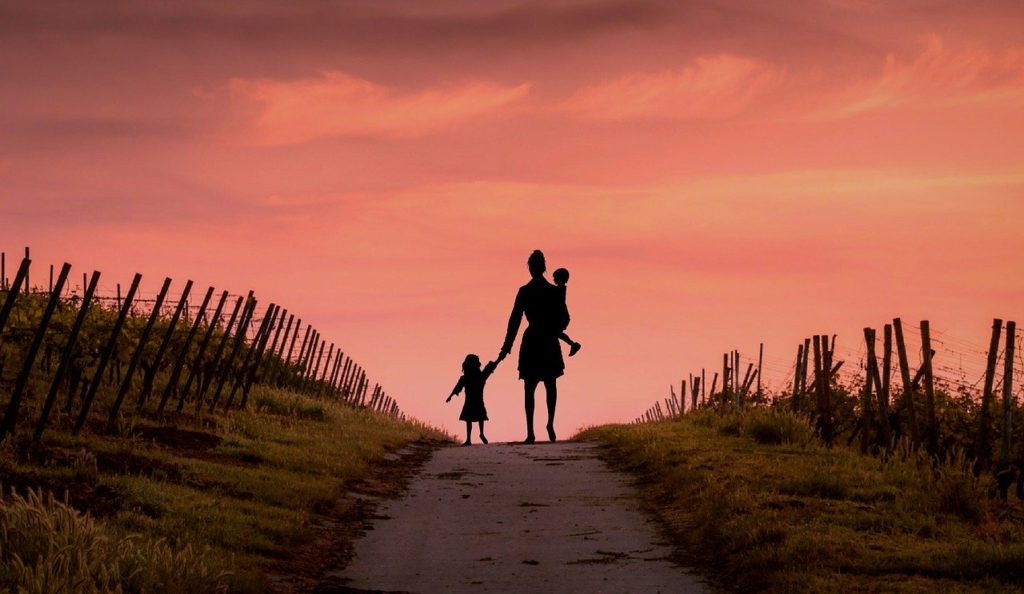Deadline: July 13, 2020 00:00 CEST| Apply here
[Oops, the opportunity has already expired. Sign up to AlphaGamma weekly newsletters to stay ahead of the game]
Eligibility: D-Prize is for aspiring entrepreneurs from anywhere in the world, of any age, and any background.
D-Prize 2020
The world has already invented products and services to end poverty. Yet millions of people still don’t have access. Can you design a business or NGO that solves one of the Distribution Challenges below?
D-Prize 2020 will award the most promising teams with up to $20,000 USD to launch a pilot version of your new organization wherever extreme poverty exists.
D-Prize Challenges
Water, sanitation, and hygiene
- Chlorine Dispenser Challenge
400 million people in sub-Saharan Africa lack access to improved water. Chlorine dispensers at community water sources treat water and lower the occurrence of waterborne disease like diarrhea. Can you distribute community chlorine dispensers and teach people to use them?
Girls’ Education
- Sugar Daddy Awareness Challenge:
14 million unintended teen pregnancies occur annually in sub-Saharan Africa, and girls are 5x more likely to be infected with HIV. A one-hour “sugar daddy awareness” class reduces these risks 28%. Can you teach “sugar daddy awareness” classes to girls in need?
Agriculture
- Quality Inputs Challenge:
Increasing the productivity of sub-Saharan African smallholder farms has the potential to lift millions of people out of extreme poverty. High-quality seeds and micro-dosing of fertilizer are cost-effective ways to ensure higher crop yield.
Can you distribute a bundle of proven agricultural inputs and teach farmers to use them to grow more?
- Custom Agriculture Challenge:
D-Prize is specifically interested in distributing proven agriculture interventions to smallholder farmers. If you know of a highly-effective intervention that is backed by credible evidence, we want to hear your plan to increase its distribution.
Energy
- Solar Lamp Challenge:
600 million people in sub-Saharan Africa use kerosene lanterns to light their homes. Pico solar lamps are cheaper, cleaner, create cost savings, and increase household incomes by 30%. Can you sell solar lights to rural or slum-dwelling households in need?
Global Health
- Self-injectable Contraceptive Challenge:
Over 200M women globally lack access to family planning products. Sayana® Press is a self-injectable contraceptive in a single-use package. Since the product is simple enough for recipients themselves to administer, it may be particularly valuable for women who prefer injectable contraceptives but do not have regular access to health facilities.
Can distribute Sayana® Press to underserved women through a private health network?
- Patient Identification Challenge:
Obstetric fistula, cervical cancer, club foot, and cataracts all have effective treatments. Yet identifying patients among large populations is difficult. Can you create a way to identify patients and connect them to early treatment solutions?
- Maternal Health Challenge:
Misoprostol is a $3 drug that could prevent 100,000 maternal deaths from postpartum hemorrhaging. Can you develop an organization to train birth attendants to administer misoprostol?
- Voluntary Medical Male Circumcision Challenge:
The incidence of new HIV infections in many countries in Eastern and Southern Africa remains high. Voluntary Medical Male Circumcision (VMMC) can substantially reduce the risk of HIV acquisition for men, and can also reduce the risk of transmission of high-risk human papillomavirus (HPV) to the men’s partners. Can you develop an organization to identify candidates for VMMC and connect them to health facilities?
- Prevention Of Mother-to-child Transmission Challenge:
HIV can be transmitted from pregnant women to their infants. A short round of antiretroviral therapy (ART) can substantially reduce the risk of mother-to-child transmission. Can you prevent mother-to-child transmission (PMTCT) of HIV by helping HIV-positive pregnant women adhere to an ART regimen?
- Child Immunization Challenge:
Millions of infants in developing countries do not receive the routine immunizations recommended by the World Health Organization. Increased immunization rates in low-coverage areas could prevent a large number of childhood deaths from preventable diseases. Can you direct 500 caregivers (parents or other guardians) to bring their infants to health facilities for routine immunizations that otherwise would not occur?
Education
- Flipped Classroom Challenge:
By 2030 Africa will need to fill an impossible 4.1 million teaching positions. “Flipped classrooms” can be run by a facilitator, and reduce the need for expert teachers. Can you implement an effective curriculum to teach students in a resource-limited classroom?
- Student Testing Challenge:
In sub-Saharan Africa, 40% of children remain illiterate even after five years of school. Testing and public scorecards increase accountability in poor education systems. Can you launch an organization that tests student and school performance, and makes the information publicly available?
Governance And Infrastructure
- Government Transparency Challenge:
Public services in developing countries are rife with corruption. Public reporting and scorecards create real accountability. Can you improve transparency and report data on public service performance?
Custom
- Propose your own challenge:
If you know of another proven intervention in need of greater distribution, submit your solution in this category. The only requirements are to choose an already proven poverty solution that is in need of distribution to more people in the developing world.
Interested in applying for the D-Prize 2020? Register your participation by following the registration link and taking the suggested steps.
For more opportunities, check our opportunities section and subscribe to our weekly newsletters.
